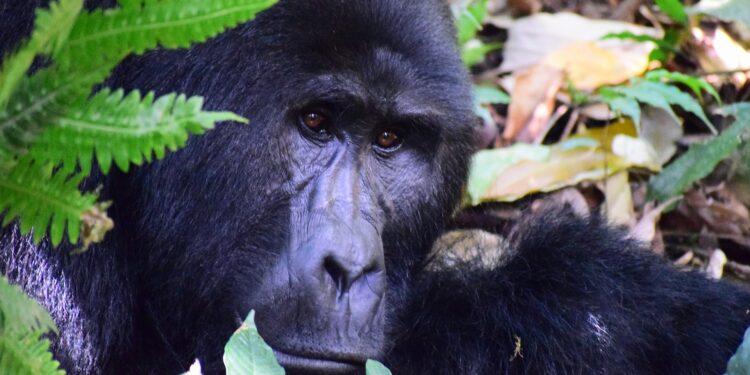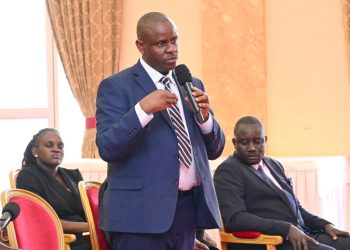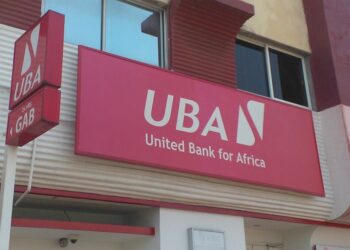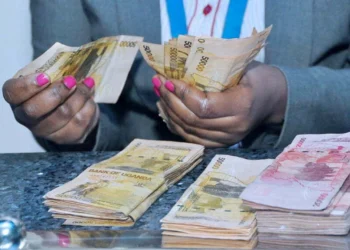The Uganda Wildlife Authority (UWA) has initiated a comprehensive investigation into long-standing fraud within the organization, which is reported to have resulted in the loss of over $3 million (approximately Shs11.2 billion) from gorilla permits.
As a part of this investigation, at least 16 individuals linked to the fraudulent activities have been suspended, and some have been arrested.
Sources, speaking anonymously due to the sensitive nature of the matter, revealed that those implicated in the scandal include individuals from the reservation department, an official who is the child of a board member, and an employee from the Information and Communication Technology (ICT) department.
Additionally, officials from Bwindi and Mgahinga national parks are also involved.
The situation came to a head after the current UWA management suspended the cashless system that had been introduced in 2014 to prevent fraud and theft.
After this suspension, the management procured two new systems, both of which failed to work effectively.
Subsequently, the IT team was directed to develop an internal booking system.
It is during this process that the operators, in collusion with others, reportedly created a loophole in the system, allowing them to divert funds into private accounts.
Allegedly, the suspects configured the system to generate up to 100 tickets but only presented one to the booking office, pocketing the proceeds from the remaining 99 tickets.
Auditors flagged discrepancies when the visitor numbers for gorilla tracking in Mgahinga and Bwindi did not align with the revenue collected.
This led to internal investigations being launched.
The Uganda Wildlife Authority acknowledged the anomalies in the booking system, leading to the suspension of 11 staff members suspected of involvement in the alleged fraud.
The authority stressed its commitment to conducting thorough investigations to determine the extent of the losses and take appropriate action against individuals found culpable.
In an effort to uncover the full scope of the fraudulent activities, UWA is also investigating tour operators who may have been part of the scheme.
It remains unclear how tour operators were involved in the fraud, but there are indications they may have misused complimentary tickets offered at a reduced cost.
Gorilla permits typically cost $600 (approximately Shs2.2 million), but sources claim those involved in the fraud sold tickets for $500 (approximately Shs1.8 million) while distributing free complimentary tickets to pocket the money.
The revenue generated from gorilla tourism plays a vital role in wildlife conservation efforts in Uganda.
The authority is committed to maintaining the integrity of the permit booking system to prevent any revenue leakage.
UWA had initially introduced a cashless system in 2014 to enhance security by avoiding theft and robberies when transporting funds from national parks to banks.
This system also protected tourists from such attacks as they often carried significant amounts of money.
However, the efficient cashless system was later replaced with other faulty systems, which were procured at high costs and failed to function adequately.
Subsequently, an internal system was developed, which, according to reports, was also mismanaged.


































































